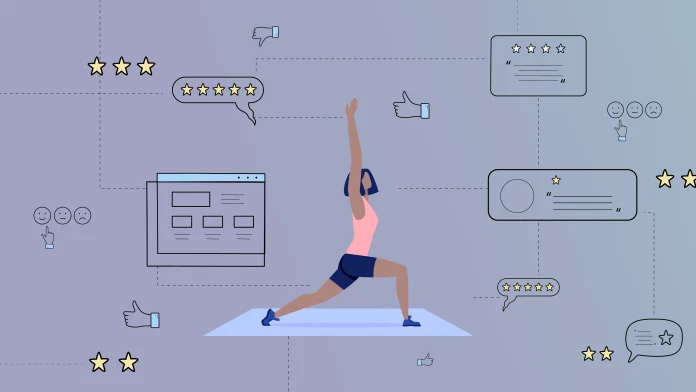Written by Carolina Machado
Medically reviewed by Isabela Sorgio (Nutritionist, Mindful Eating Specialist)
Every mindful practice is about paying closer attention—and mindful drinking follows the same principle. It means being aware of your alcohol consumption and asking yourself simple questions such as:
- Why am I drinking?
- How much have I had?
- How do I feel when I drink—before, during, and after?
This rising trend promotes a healthier relationship with alcohol and helps reduce consumption, depending on your personal goals. Mindful drinking isn’t about strict abstinence—it’s about making intentional choices rather than drinking mindlessly, with the aim of cultivating balance, well-being, and awareness.
It also opens the door to a flavorful world of alcohol-free drinks—mocktails, craft sodas, kombuchas, botanical infusions, and more.
The Benefits of Mindful Drinking
Mindful drinking can bring a wide range of benefits to your body, mind, and social life.
- Physical benefits: Alcohol may make you feel drowsy, but it disrupts the REM stage of sleep—the deep, restorative rest your body needs. Cutting back can improve sleep quality, support liver health, reduce empty calorie intake, and promote healthier, more hydrated skin. And of course, fewer hangovers are always welcome.
- Performance benefits: Drinking before or after exercise is generally discouraged. Alcohol slows muscle recovery and growth, reduces coordination, increases dehydration, and raises the risk of injury. By drinking less, both athletes and casual exercisers can recover faster, feel more energetic, and perform at their best.
- Mental and emotional benefits: Alcohol can cloud thinking and amplify anxiety. Reducing intake often brings clearer focus, better decision-making, and more stable moods. It can also strengthen self-control and reduce guilt tied to overconsumption.
- Social and lifestyle benefits: Choosing non-alcoholic options makes it easier to enjoy social gatherings without pressure. You can still celebrate and connect with others—without the need to drink. Many people find that mindful drinking encourages healthier habits in other parts of life, like nutrition, exercise, and stress management.
Mindfulness and Readiness to Change in Alcohol Use
One way researchers measure people’s motivation to shift their drinking habits is through the concept of Readiness to Change (RTC). A recent study linked this with five facets of mindfulness:
- Acting with Awareness
- Non-Judging
- Non-Reactivity
- Describing
- Observing
Interestingly, Acting with Awareness and Non-Judging stood out. People who practiced these mindfulness traits were more open to changing their drinking behaviors. In other words, noticing what you’re doing in the moment—without harsh self-criticism—can help build the mindset needed for change.
Other research supports this, showing that mindfulness can reduce stress, improve self-control, and support healthier decision-making. Mindfulness-based programs have even been shown to reduce alcohol and substance use while improving overall well-being.
Together, these findings suggest that weaving mindfulness into daily life—through meditation, breathing exercises, or simply pausing before you pour—can be a practical way to support mindful drinking and long-term change.
Explore Non-Alcoholic Drinks
The mindful drinking movement has sparked a wave of creativity in beverage culture. Non-alcoholic options are no longer limited to sugary sodas—they can be just as sophisticated, complex, and exciting as any cocktail. Here are a few categories to try:
Non-Alcoholic Beers, Ciders, and Wines
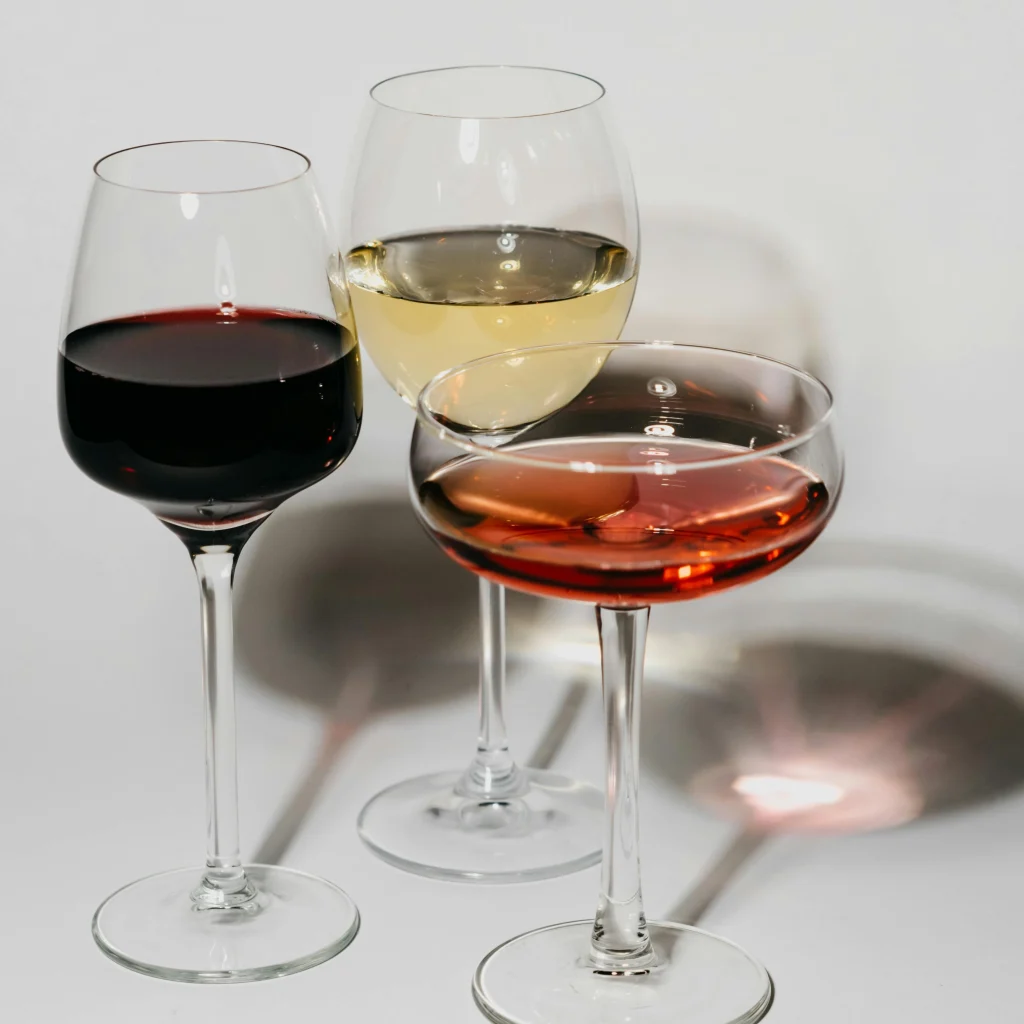
These drinks are crafted to mirror their traditional counterparts. Non-alcoholic beers offer everything from crisp, hoppy notes to rich, malty flavors. Ciders bring a fruity sharpness, while alcohol-free wines are becoming increasingly refined, ranging from dry and citrusy to floral and fruity. Many are now made with fermentation and de-alcoholization techniques that preserve depth and complexity of flavor.
Mocktails and Crafted Beverages
By mixing herbs, botanicals, fresh juices, sodas, and spices, you can create drinks that are refreshing, aromatic, and visually appealing. Try:
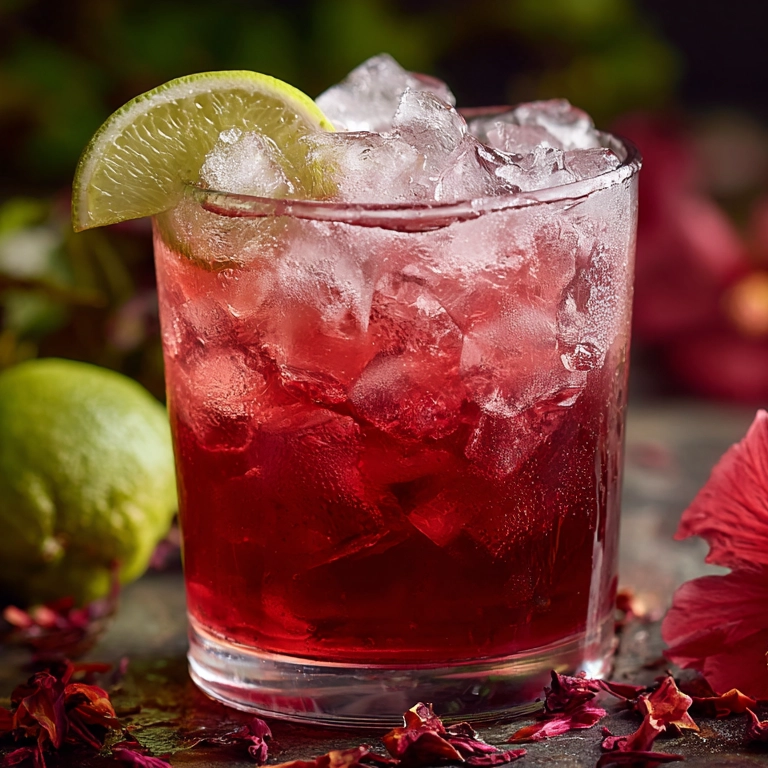
Hibiscus & Lemongrass Cooler: hibiscus, lemongrass juice, basil, soda, and ice. Add honey or coconut sugar for sweetness.
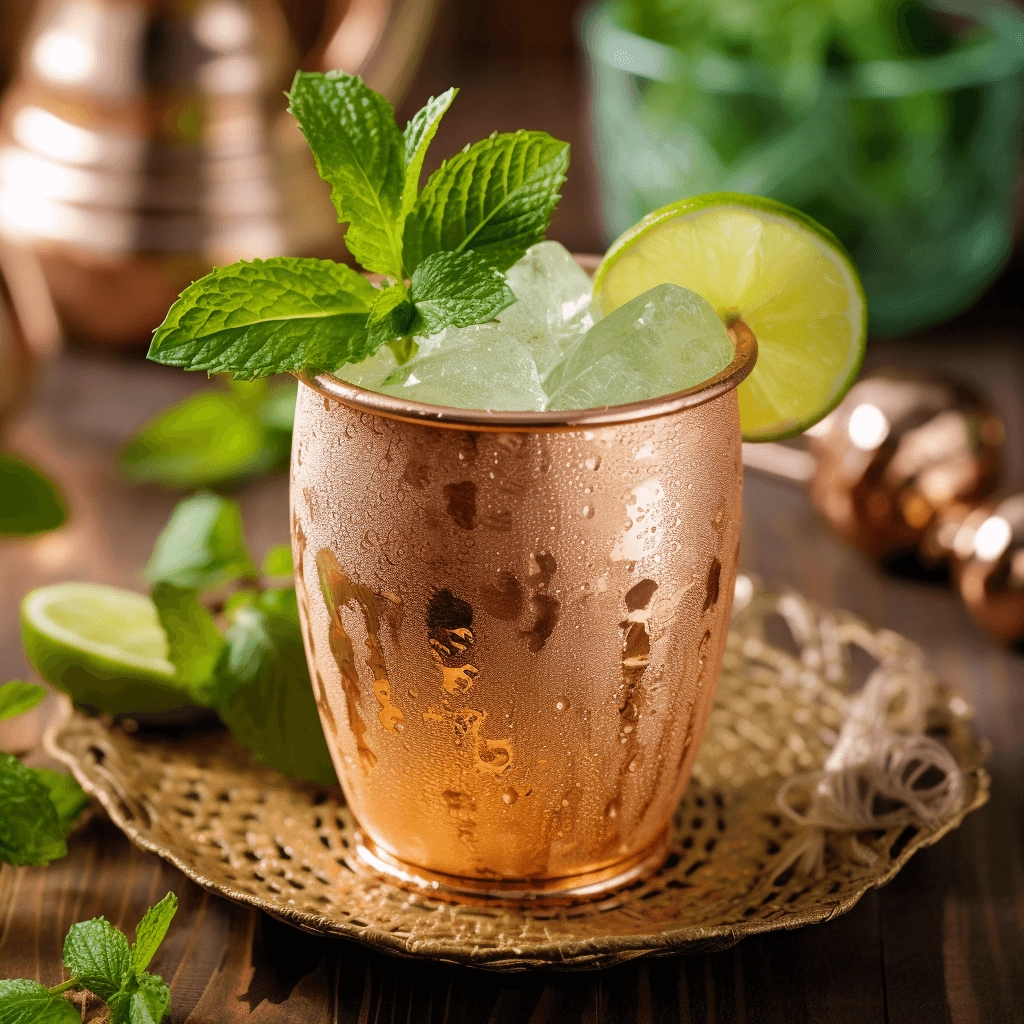
Ginger Ale Mocktail: muddle mint, rosemary, or Thai basil with lime juice. Add ice, ginger ale, and a spicy twist like ginger or jalapeño.
Fermented and Functional Drinks
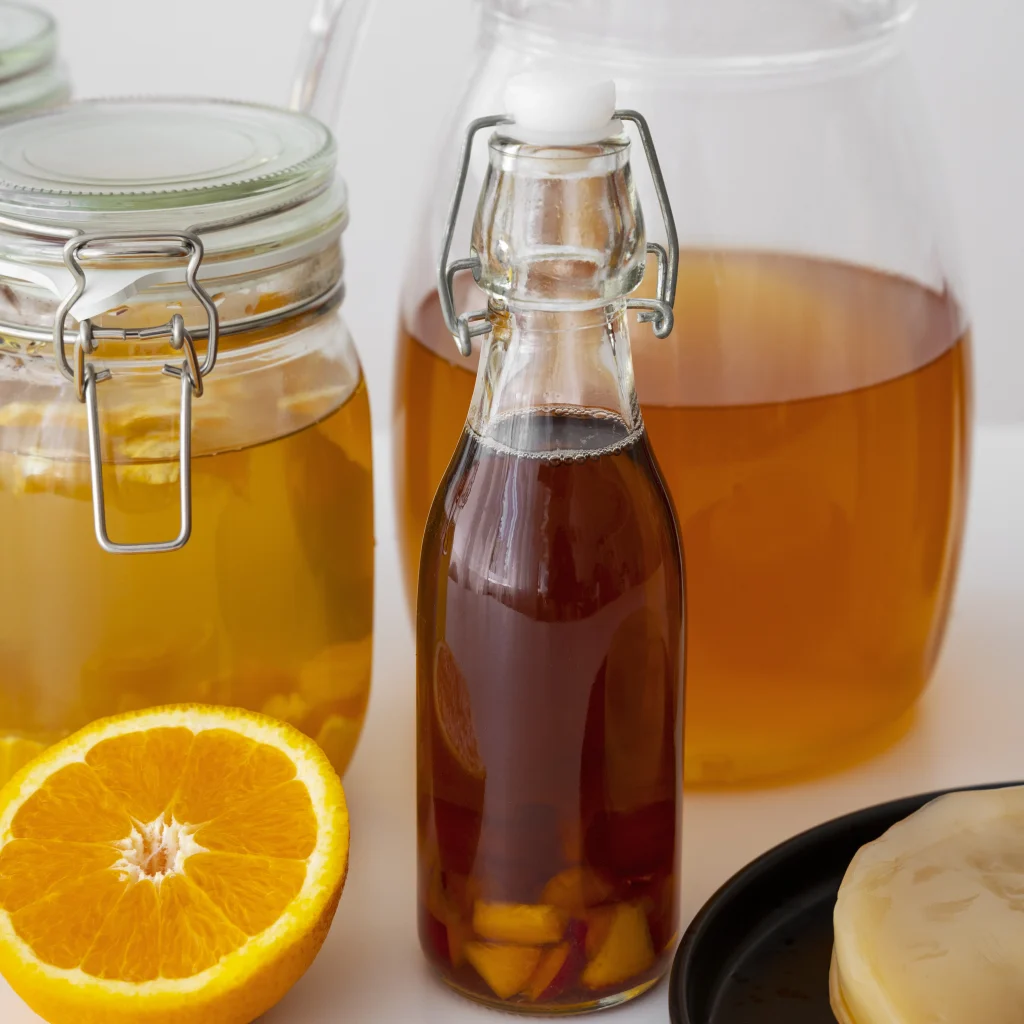
Probiotic-rich drinks like kombucha, kefir, shrubs, and adaptogenic tonics offer unique flavors while supporting gut health. Classic fermented beverages such as ginger beer, root beer, and sarsaparilla also fall into this category.
Tea, Coffee and Infusions
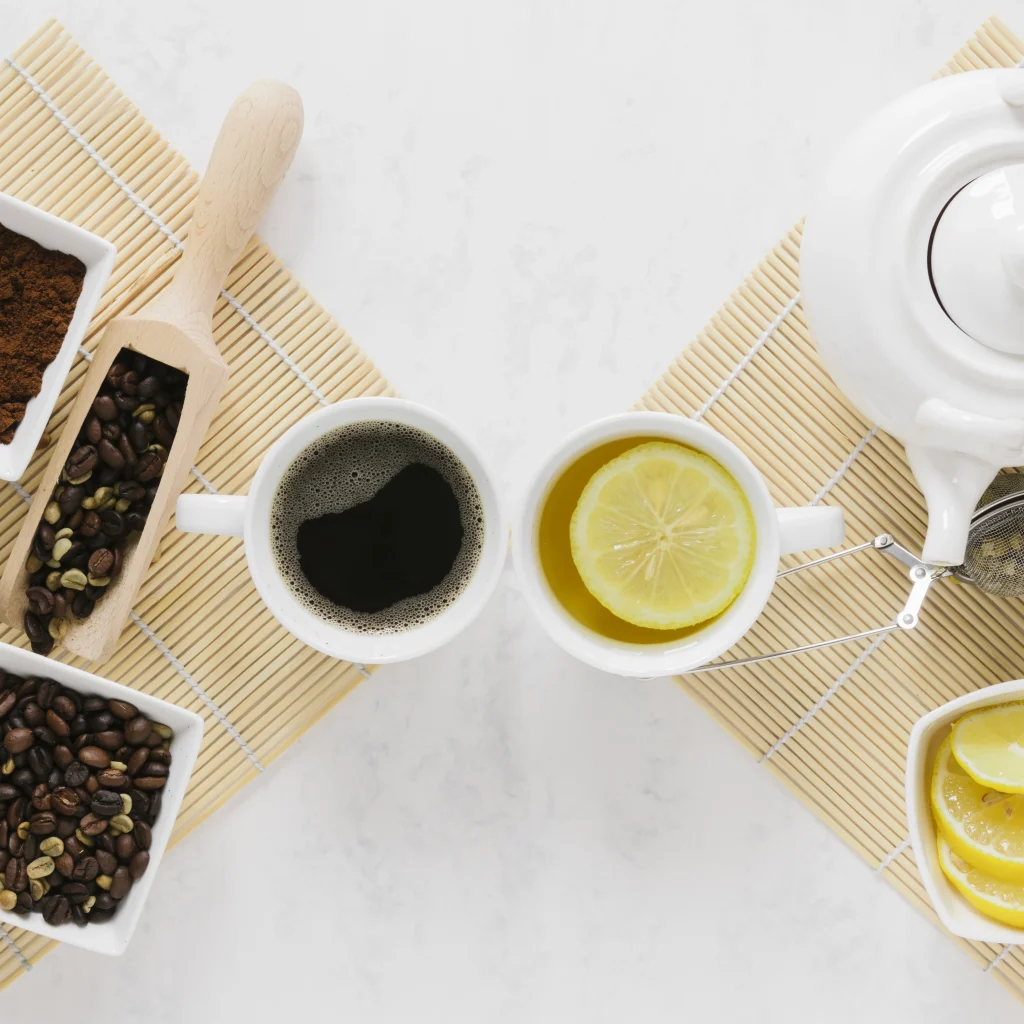
Even familiar drinks can feel new with a twist. A Cold Brew Tonic or Espresso Tonic—espresso, tonic water, ice, and a few fresh citrus slices—turns coffee into a refreshing ritual. Herbal infusions like rooibos, hibiscus, or chamomile can also replace evening drinks when mixed with soda, orange slices, and ice.
Mindful Drinking in Daily Life
Shifting your relationship with alcohol doesn’t have to feel restrictive. Here are a few ways to bring mindful drinking into your daily routine:
- Choose supportive spaces: If your social circle struggles to accept your choices, it may help to step back temporarily and seek out people who encourage your new habits.
- Experiment at home: Treat non-alcoholic drinks like a creative project. Collect recipes, try new ingredients, and make it a playful experience.
- Check in with yourself: Notice your emotions, energy levels, and focus when you replace alcohol with a new option. Reflection helps reinforce motivation and self-awareness.
Whether you’re looking to cut back on alcohol or simply add more variety to your drinks, mindful drinking offers a refreshing path forward. By paying attention to how and why you drink—and by exploring the growing world of non-alcoholic options—you can build a healthier, more intentional relationship with what’s in your glass.
Extra Resources for Mindful Drinking
If you’d like to explore further, here are some apps, books, and communities to support your mindful drinking journey:
- Club Soda: A U.K.-based global community promoting mindful drinking through events, resources, and online courses.
- Mocktails Unveiled: Exploring the History, Science, and Tradition of Non-Alcoholic Beverages, by Milverton T. Saint II: This book explores techniques, cultural uses, history, tips, and recipes for alcohol-free drinks.
- Mind The Sip App: A mindful drinking app to assess your relationship with alcohol and access tools and resources. (The free version is only available for 21 days, but additional free content can be found on their website.)
Need Help or Support?
This article is for informational purposes only and is not a substitute for professional medical advice, diagnosis, or treatment. If you are concerned about your drinking or think you might have a problem with alcohol, reach out to a qualified healthcare professional.
In the U.S., free and confidential support is available:
- SAMHSA National Helpline, 1-800-662-HELP (4357): A 24/7, confidential resource for individuals and families facing mental and substance use issues.
- NIAAA “Rethinking Drinking”: Science-based information and tools to help you evaluate your relationship with alcohol.
- Moderation Management: A peer-support community offering non-abstinence-based programs for changing drinking habits.



